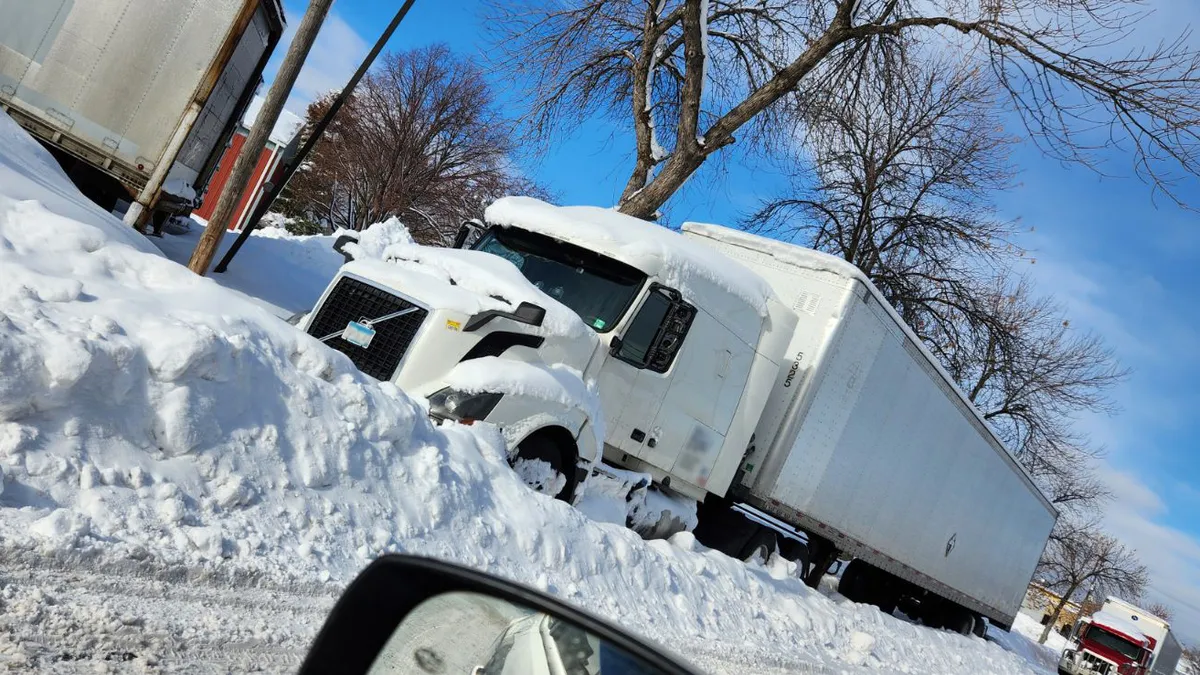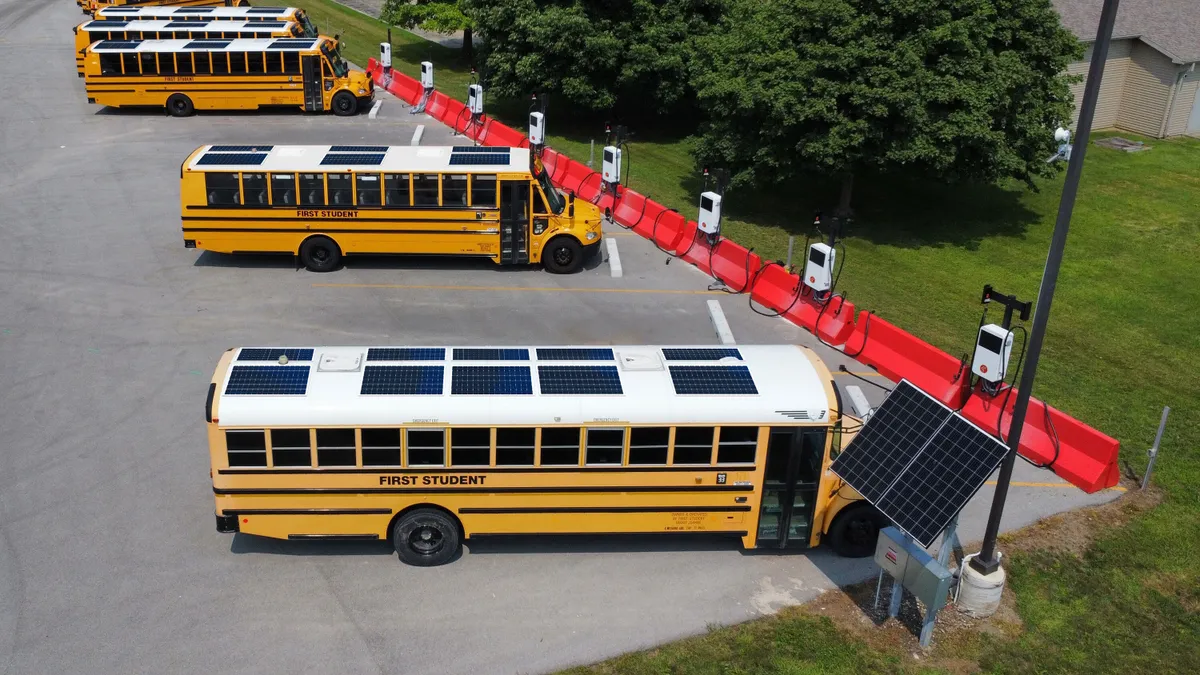The Urban Growler Brewing Company had happily coexisted for nearly a decade with the trucks populating its industrial neighborhood in St. Paul, Minnesota, co-founder Jill Pavlak told Transport Dive.
But over the past year or so, the state’s first women-owned microbrewery watched in alarm, she said, as the occasional heavy-duty truck blocking the brewery’s customers and deliveries transformed into a caravan of tractor-trailers parked all along their street.
“All of a sudden, we're like, ‘Whoa, wait. Why are there trucks lined up, trailer-to-truck, for blocks?’” she said.
Unbeknownst to Pavlak and her neighbors, Minneapolis banned truck parking on city streets in 2021, prompting truck drivers to park in St. Paul. Last week, Pavlak was among the local advocates who urged the St. Paul City Council to follow suit, over trucking industry opposition.
The Twin Cities are among a growing number of municipalities tightening limits on where trucks can park as truck volume on U.S. roads has grown significantly in recent years. In addressing residents’ concerns about noise, emissions and parking, however, the cities are simultaneously exacerbating an ongoing shortage of truck parking.
Pavlak sympathizes with professional drivers looking for a place to park. Her brewery relies on truck deliveries. It even has a mural-painted tractor-trailer on its property as a decoration.
But the Urban Growler pays for secure parking for its vehicles and truck drivers need to do the same, Pavlak said.
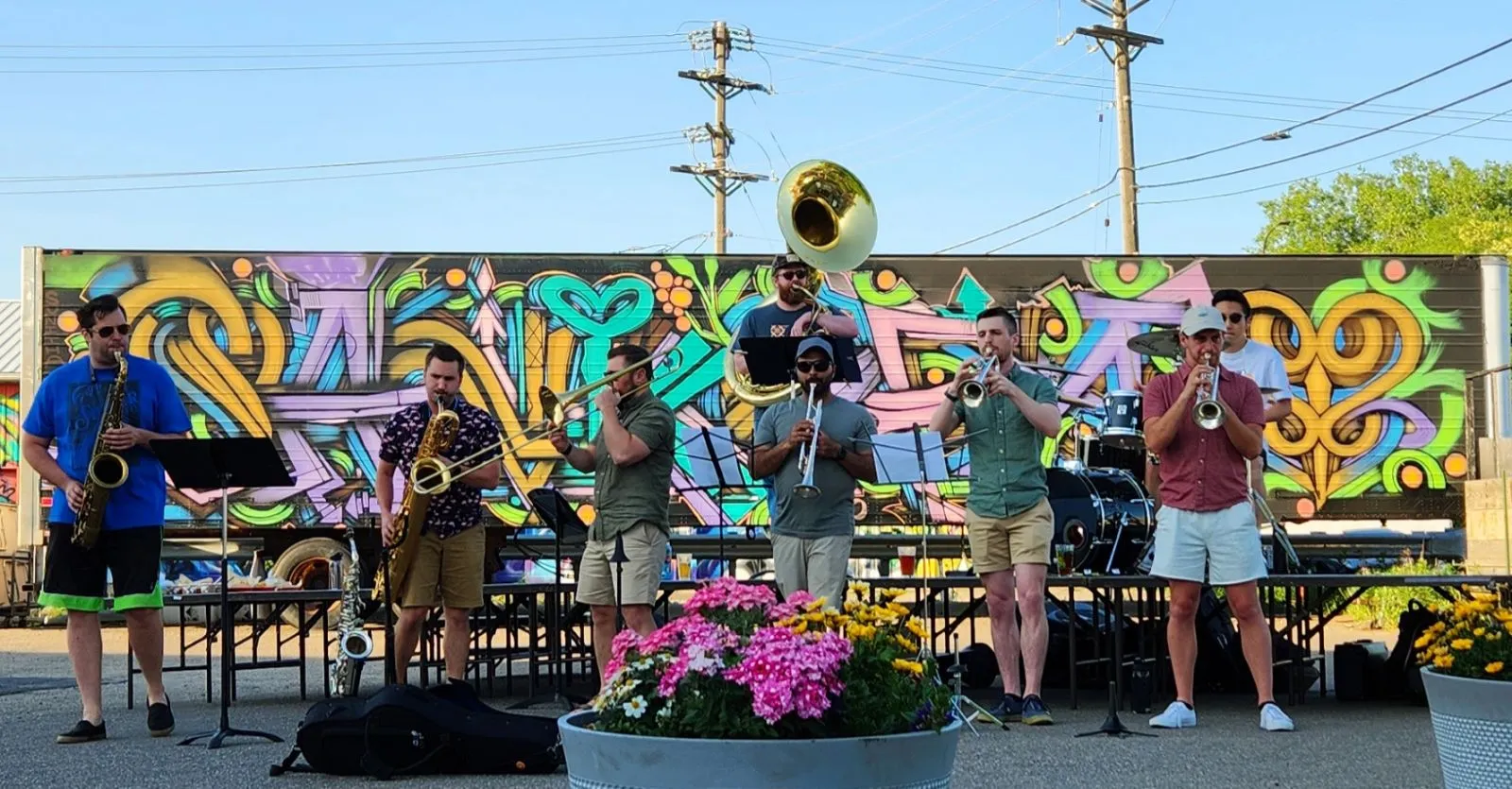
“We get it,” she said. “It's a pain. It's a cost of doing business. It's not a fun one. But free parking is unheard of now in the city, so they’ve got to figure something else out.”
New rule, new fines
St. Paul had a roundtable with truck drivers and other stakeholders before passing an ordinance mirroring the one in Minneapolis on May 24, St. Paul City Council Member Nelsie Yang said at the city council meeting.
The new city ordinance doesn’t go into effect for 30 days, according to an aide to City Council President Amy Brendmoen. Enforcement won’t begin until next year, Yang noted.
“It really gives us time to be able to figure out any sort of partnerships that can happen ... so that we can find some alternative parking spots for truck drivers,” Yang said in the meeting.
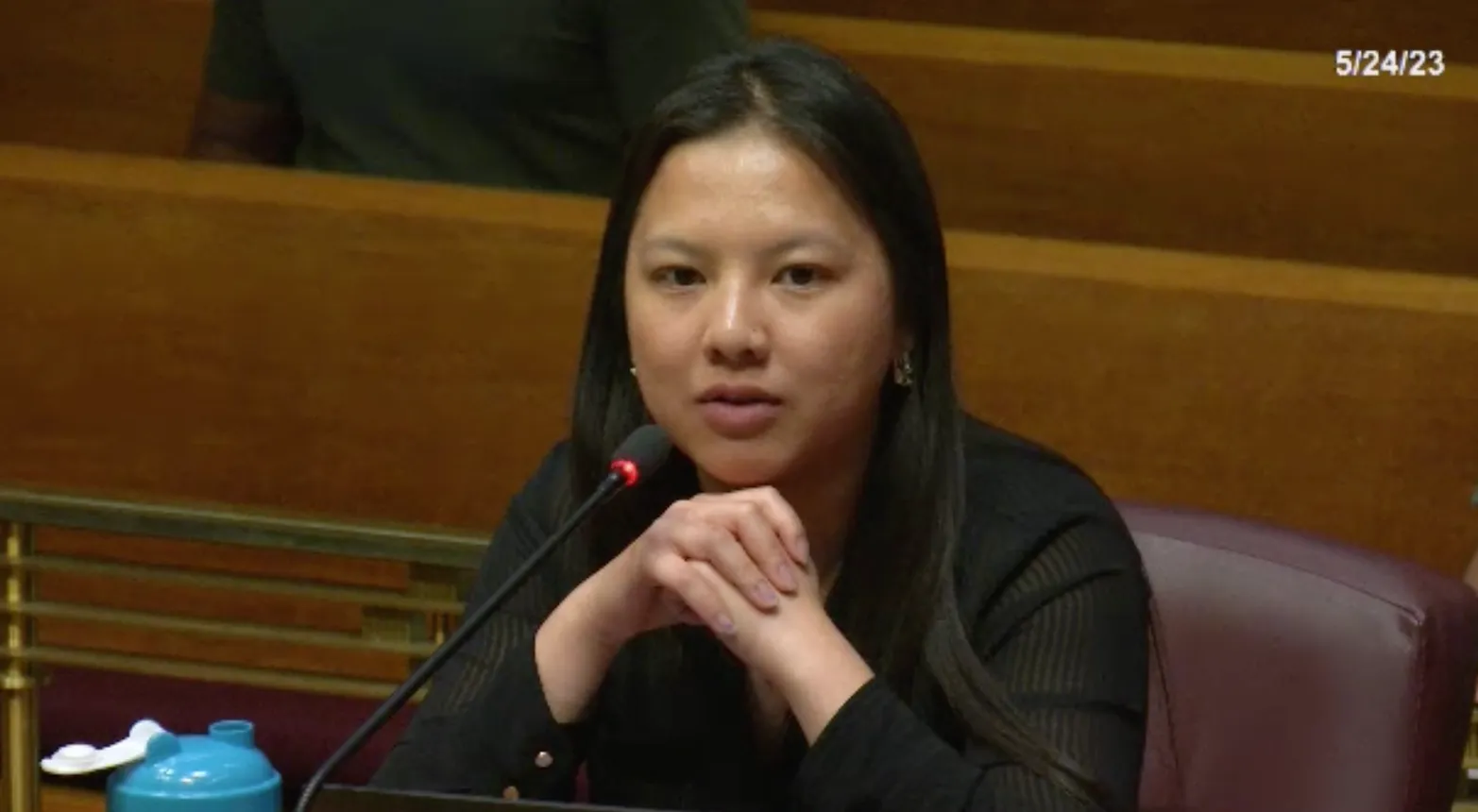
The new city law prohibits commercial vehicles over 26,000 pounds from parking on any city street except when loading, unloading or providing a service. Commercial vehicles weighing more than 10,000 pounds are banned from parking in residential zoning districts.
The ordinance comes with increased fines for violations. St. Paul’s standard parking citation fine is set to increase to $150 from $40 beginning in January 2024, then rise again to $250 beginning in July 2024.
In a presentation on the ordinance, the city listed several reasons truck parking complaints have increased. The factors included an estimated 24% increase in trucks in service, a lack of available — and affordable — parking at private businesses, increased dwell time, HOS limits, and owner-operators who live nearby and need a place to park.
“All have different needs and responses,” the city’s presentation says, in bold, italic and underlined.
Is the government ignoring freight realities?
Minnesota Trucking Association President John Hausladen disagrees with the parking ban.
“We are very disappointed that the city took this action,” Hausladen said in a text message. “It is yet another example of government ignoring the realities of what it takes to ensure that goods and services are effectively delivered.”
Inadequate truck parking was among drivers' top concerns last year, according to the American Transportation Research Institute. Industry estimates put the shortage at one available spot for every 11 trucks.
At the federal level, a bipartisan bill reintroduced in Congress in March seeks to infuse hundreds of millions of dollars of federal funding into more truck parking. And the Biden administration has directed infrastructure funding to pay for some additional truck parking.
But at the state level, the legislature failed to appropriate money for more truck parking, despite repeated requests, Hausladen noted in a statement opposing the ordinance.
The state trucking association leader urged St. Paul to come up with “a real solution” to balance parking management concerns with the need to support efficient freight flow and owner-operators.
“The professional truck drivers who deliver our essential food, medicine and supplies through good times and bad deserve better," Hausladen said in the statement.
Driver proposes potential solutions
Eric Koivisto, a part-time truck driver, put forth a pair of possible solutions in his submitted testimony to the city council.
Koivisto, the Minnesota dedicated manager for West Side Transport, a local, short-haul and long-haul carrier, noted that an old K-Mart near Interstate 35 and Maryland Avenue has been vacant “for quite a while.”
If shops and restaurants opened in the building, he said, it could make for an appealing truck stop.
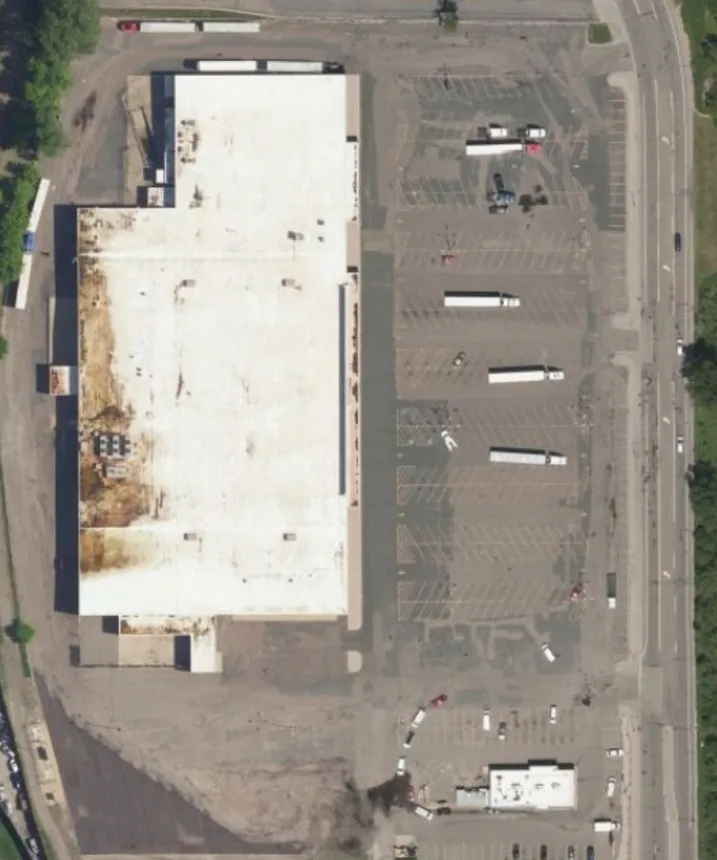
“I feel it could easily house 80ish parking spots (2 rows of 40), and also accommodate the equal number of car parking spots for the drivers while they’re out driving truck, on the south side of the lot,” Koivisto wrote.
Leveling the existing building would provide even more spaces in the property’s large parking lot, he wrote.
“Doing this would double the parking to roughly 160ish parking spots,” Koivisto wrote. “I feel either of these options would be very beneficial to St. Paul, the drivers, and local businesses!”
Governments around the country are stepping up efforts to address escalating truck parking problems.
Alexandria, Virginia, passed a similar ordinance as Minneapolis, limiting heavy-duty truck parking in commercial areas in March 2022. Last summer, New York City executed a crackdown known as “Heavy Duty Enforcement” to tow trucks illegally parked in residential areas.
The California Department of Transportation’s Statewide Truck Parking Study noted that such bans often create more truck traffic, instead of reducing it, as drivers circle looking for parking.
The state transportation department proposed several alternatives, including expanding roadside rest areas, building additional parking facilities, and partnering with the private sector.
“Through appropriate planning and policy such as proactive land use best practices, most community concerns can be mitigated,” the study said.



